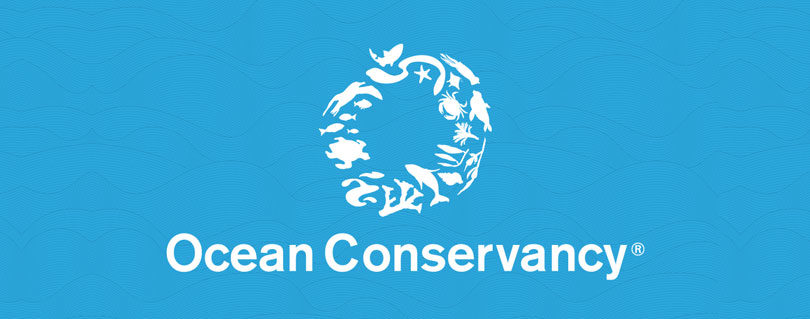Our Ocean 2017: The Buzz on Ocean Planning
Published by Ocean Conservancy
The concept of ocean planning has been around for many years, both here at home and internationally. In the U.S., we have started to see theory move into practice over the past decade. At its core, ocean planning is about shared data, local engagement and innovative management principles so that diverse groups of ocean users reach the best, most informed solutions that work better for everyone.
This innovative management approach is not just happening here in the U.S. but all over the world, and I am thrilled that many of the nations attending Our Ocean 2017 are also planning for their ocean waters. This global conference will highlight international commitments and actions to save our oceans including increasing ocean exploration efforts and boosting innovative science and research. Many of the countries in attendance will also share their ocean plans to keep the ocean working for their economies and coastal communities.
As Ocean Conservancy’s team heads to Malta this week, I wanted to share four inspiring developments on international ocean planning to keep your eyes on:
- Roughly 65 countries are involved in planning and have developed almost 140 ocean plans at the national, regional or local level. This includes diverse nations across the globe, ranging from the European Union to Mexico to the Seychelles.
![Screen Shot 2017-10-04 at 2.18.41 PM]()
![Screen Shot 2017-10-04 at 2.18.41 PM]()
© UNESCO - All European Union member states have committed to preparing cross-sectoral ocean plans by 2021.
![r1]()
![r1]()
© Rafeed Hussain - At the recent United Nation Ocean Conference to Support the Implementation of Sustainable Development Goal 14, countries including Mexico, Brazil, Sweden, Greece, Portugal, Seychelles, Belgium and Cabo Verde all committed to developing, expanding or improving their ocean plans.
![r2]()
![r2]()
© Rafeed Hussain - Timor Leste, Asia’s newest nation whose independence was restored in 2002, is working to develop a national ocean policy in 2017 that includes planning for their waters. Timor Leste’s Ataúro Island was recently found to hold the world’s highest reef fish diversity.
![r4]()
![r4]()
© NOAA
The U.S. is an active part of this global effort thanks to support from industry, tribes, states, fishery management councils and federal agencies. Massachusetts, Rhode Island, Oregon, New York, Washington and Connecticut are actively working on ocean plans for their state waters.


On a regional scale, both the Northeast and Mid-Atlantic regions stretching from Virginia to Maine have completed their plans. And, the West Coast, Pacific Islands and Caribbean are currently developing regional ocean plans. Our nation can offer unique insights and learning through ocean management challenges addressed at both the state and regional level. At Our Ocean 2017, we are going to be able to offer concrete examples of how ocean planning works to solve real world problems.
It’s exciting to see this innovative tool taken on at an international scale, all in an effort to support a healthy ocean and vibrant ocean economy. It’s just more proof that smart management decisions happen when we all come together and rise to the challenge.
The post Our Ocean 2017: The Buzz on Ocean Planning appeared first on Ocean Conservancy.
Read the full article at: https://oceanconservancy.org/blog/2017/10/05/ocean-2017-buzz-ocean-planning/






